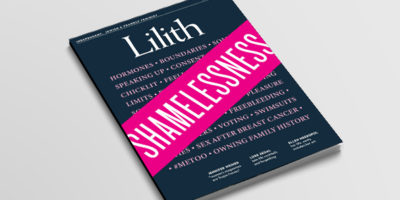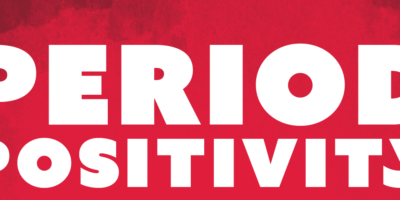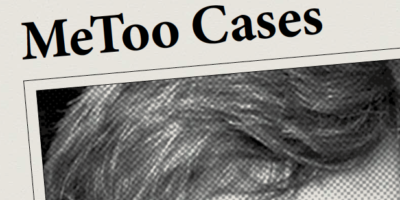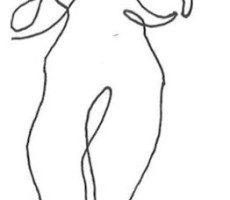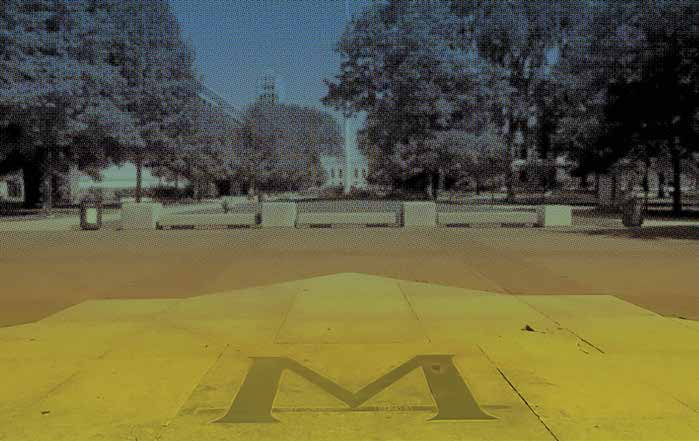
When Life Imitates Your Own Art
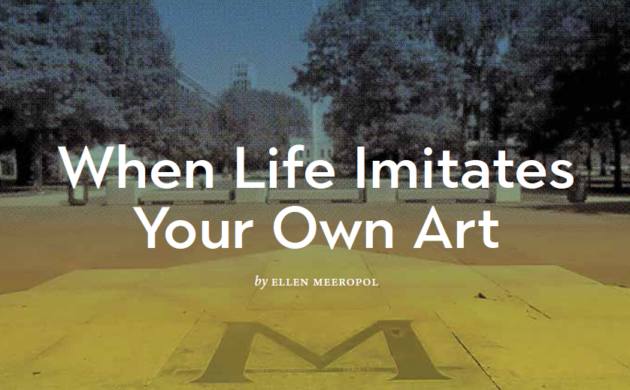
Picture this: you get an email inviting you to be on a panel at a university symposium about Jewish feminism. It challenges you to reflect back on the last 50 years and look to the future. It will be held at the university you graduated from, and you’re invited to speak about the early women’s movement at that university.
In fact, I was that invitee, and I was delighted. Some of the other invited speakers are feminist activists I know and love; others are women I’ve heard about, read, and admired from afar.
I was also worried. Most of the other invited speakers are more “Jewish” than I am, more observant and more attentive to religion and spirituality. Most of the other speakers are professors and I’ve never been an academic. I’m a novelist. But I was deeply involved in the early days of the second wave of feminism in Ann Arbor in 1968 through 1971. I have pondered those days a lot, and I do have some thoughts to share.
I accepted the invitation. The more I learned about the content of the symposium, the more excited I became. Not only because the content was so interesting, and maybe I can go home again, but also because it somehow feels very familiar, almost a déjà vu.
And then it hit me. I wrote this scenario. As fiction. It’s part of my next novel, under contract with my publisher and scheduled for publication in just a few months.
Of course, it’s not exactly the same thing. In the novel there are two sisters, Jewish activists who graduated this same university. At an anti-war demonstration in—yes, 1968—the sisters try to stop mounted police from beating protestors, and they cause serious harm to a police officer. One sister has a baby and will do anything to stay out of prison. The other sister wants a political trial. Profound family and political conflict ensue. And many years later, one of the sisters is invited back to that same university to speak at a conference on the antiwar and feminist activism of the late 1960’s.
To write that section of the novel, I had once before returned to Ann Arbor, to do research. I had wandered back and forth across the University of Michigan’s core, that quadrangle crisscrossed by “The Diag,” had noticed the changes worn by the decades, changes Rosa noted in the novel:
Rosa untangled the misshapen scarf Emma had knit her for Chanukah the year she was released from prison, and wound it twice around her neck. She walked across the Diag toward the Engineering Arch. It could be a mistake, returning to the university, but she was intensely curious to see Ann Arbor again. Allen had urged her to accept the conference invitation, saying you didn’t often get a chance to return as a hero to a place you left in the back of a police van. The campus looked so different now, ringed by chain bookstores and yuppie coffeehouses. The expansive windows of the Fishbowl were bricked up. The Diag looked small.
My real-life experience returning to the university for this conference, in the spring of 2019, was both similar and different from Rosa’s fictional one. Rosa returned alone to the university; her family and friends were long gone and her bridge burned. In contrast, my participation in the symposium was a delight of connections, both old and new. The reality of “Jewish Feminisms, American Visions: Perspectives from 50 Years of Activism,” turned out to be even more exciting than the anticipation. Panels ranged from mine on the early days of the women’s liberation movement in this university city, to #Metoo in the Jewish community, to Jewish lesbians and Jews of color, to perspectives on Israel today. The presenters and the ensuing discussions were inclusive and thoughtful, mind-stretching and hopeful. There were many differences among symposium participants, differences in age, generation, gender and sexual identification, race and ethnicity, spiritual practice and political positions. But I felt almost no friction or fractures based on those differences. Yet I worried that my story, my experience, was too different from those of the other speakers.
I spent hours writing my short talk, trying to condense three intense years into five minutes. Like Rosa, Ann Arbor had been my place of political coming-of-age, as I became involved in Students for a Democratic Society, the women’s movement, reproductive rights, the 1970 Black Action Movement strike, and other anti-racism work. But it was more than that, I told the symposium audience. I moved to Ann Arbor to live with my boyfriend, Robby Meeropol.
My first night in town, lying on his mattress in the communal house where he lived with other SDS members, Robby told me his secret, speaking the words he had never spoken aloud before.
He told me that he was the younger son of Ethel and Julius Rosenberg.
Learning about the Rosenberg case over the five decades since that night, as archival material has become available, has profoundly affected my identity as an activist and a Jew. The rulers murdered Robby’s parents, just as other rulers had exterminated our extended families in Europe. And they could come for us.
I was shaking when I sat down. Shaking too as I understood that for me, as for the fictional Rosa, the years-ago events in Ann Arbor had been life-changing. Revisiting the landscape where they took place, especially in the company of my new sisterhood of Jewish feminists, moved me in profound ways.
Writers often mine our own histories to enrich our fiction. It’s not often that we dig into our own novels and the narratives of our made-up characters to excavate a deeper reflection of a real-life experience. For me, on that campus, it happened.
Ellen Meeropol’s fourth novel, Her Sister’s Tattoo, will be published in 2020 by Red Hen Press. Her previous novels are Kinship of Clover, On Hurricane Island, and House Arrest, and her dramatic program telling the story of the Rosenberg Fund for Children was produced in New York in 2013 featuring Eve Ensler, Angela Davis and Cotter Smith.

